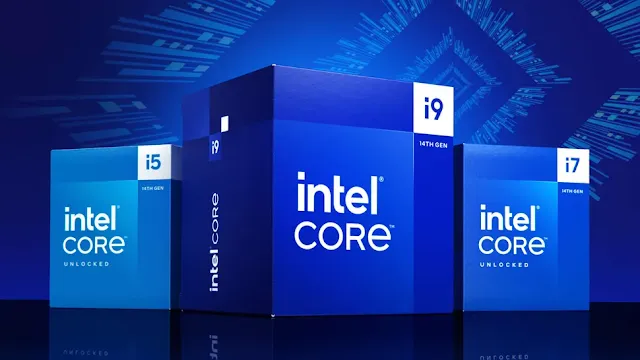Intel Rolls Out Microcode 0x12F to Tackle CPU Instability
Good news for Intel's new high-end desktop processor owners. Intel has rolled out a fresh microcode update, version 0x12F. The update is specifically designed to fix a recurring issue known as "Vmin Shift Instability" that has been affecting some of the 13th and 14th Generation Core CPUs, specifically the high-performance Core i7 and i9 "K" series chips.
This is not the first attempt at fixing this particular gremlin. There was an earlier patch (0x12B in September 2024) that was said to have solved the problem, but clearly, some lingering instability remained.
What Was the Problem
The "Vmin Shift Instability" initially started to show up because of complaints from Korea-based Tekken 8 players. The issue seems to occur when systems are run for days or even weeks with the CPU idle or performing light work for most of the time. In such a scenario, processor voltage anomalies may occur. The new 0x12F update modifies how the CPU handles voltage in these low-activity scenarios, which should eliminate long-term processor wear and tear.
Intel has made sure that the root cause of this instability doesn't change with this new update. Nevertheless, they've kept themselves busy with testing. In configurations like the Core i9-14900K paired with DDR5 5600 MT/s memory, the performance benchmarks in productivity apps (like Cinebench and Speedometer 3) and demanding games (like Cyberpunk 2077 and Hitman 3) show no noticeable performance degradation after the 0x12F update.
What You Do
In an attempt to help keep your system running smoothly, a couple of things are recommended by Intel:
- Make certain you have the latest BIOS firmware installed for your motherboard.
- In your UEFI (BIOS) settings, activate the "Intel Default Settings" profile.
This latest microcode is part of Intel's ongoing initiative to make sure their newer desktop CPUs perform well and reliably.
And here's a little extra comfort for those impacted: Intel has added two more years to the warranty on the affected processors. That makes eligible chips have a five-year warranty coverage.
